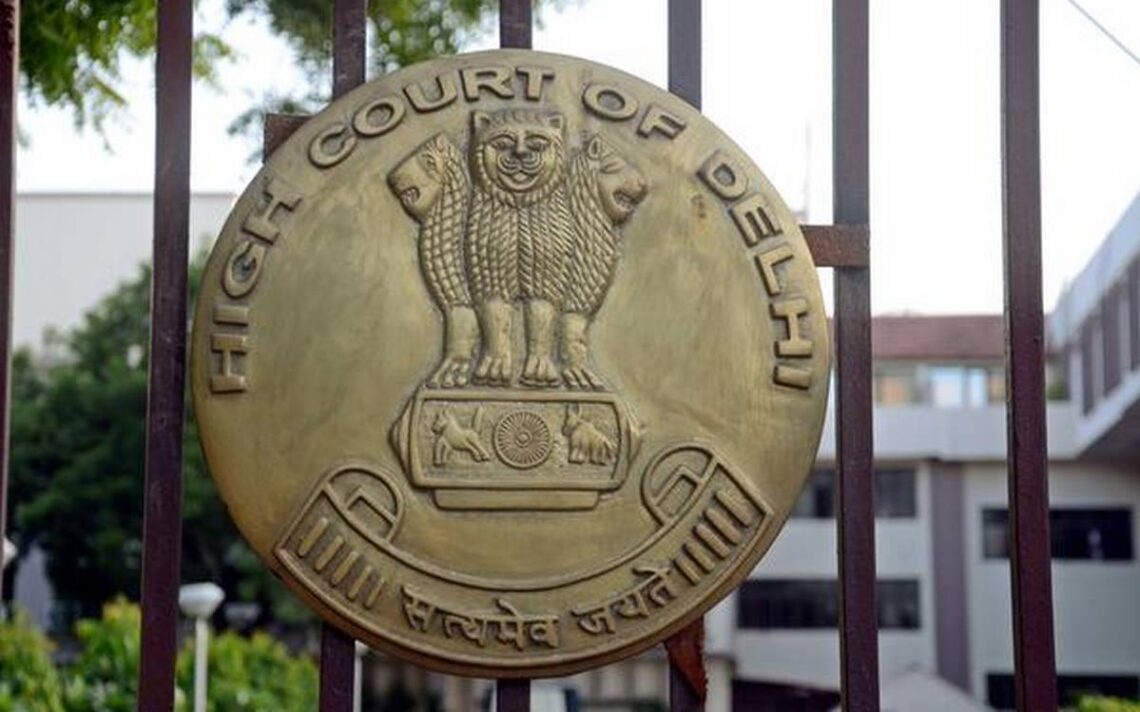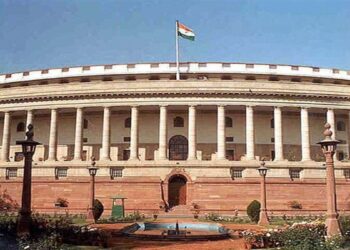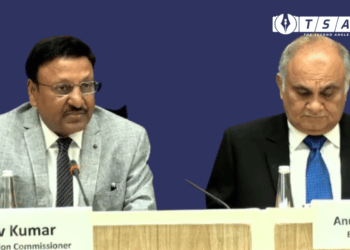Twitter is buzzing with hashtags like #marriagestrike. A seemingly bizarre hashtag is based on the current developments in the discourse of marital rape in India. The reason for this is the fact that the Delhi High Court is hearing a challenge to the constitutional validity of the ‘marital rape impunity’ provided for in the Indian Penal Code. This has shed light on a topic the Indian society is deeply uncomfortable with, consensual sex inside a marriage. The hearing is also focusing on the limit of control the state can exercise over female sexual autonomy and is trying to unlearn the historical prejudices.
According to the National Family Health Survey (NFHS) of 2015-16, 99.1 per cent of sexual assault went unreported. The reasons were startling as most of the time the assault was done by somebody from the family itself. It was found out that an average Indian woman is 17 times more likely to face sexual violence from her husband than any other member of the family.

However, marital rape is an issue in which data and evidence still have a large section of people in disbelief. The constitutionality of section 375 that deals with rape are challenged by four petitions, this include the All India Democratic Women’s Association. The two-judge Bench of Justices, Rajiv Shakder and C Hari Shankar is listening to the petitioners as well as senior advocates who are amicus curiae in the case, Raajshekar Rao and Rebecca John.
If we dissect IPC Section 375 in detail, it defines rape and lists seven notions of consent. If those seven parameters are not taken into consideration that would constitute the offence of rape by a man. The point of exemption that is being debated is “Sexual intercourse or sexual acts by a man with his own wife, the wife not being under eighteen years of age, is not rape.”

This exemption allows the husband who has the legal perimeters to have consensual or non-consensual sex with his wife. The arguments are bringing into light that this exemption is problematic as it violates women’s rights based on their marital status.
Amicus curiae to this case senior advocate Senior Rebecca John argued that the exemption is allowing absurdity to prevail. She said that section 375 of the Indian Penal Code(IPC) has two exceptions. Exception 1 says a medical procedure or intervention shall not constitute rape, whereas Exception 2 says sexual intercourse or sexual acts by a man with his own wife, the wife not being under 15 years of age, is not rape. She will be closing her argument today.
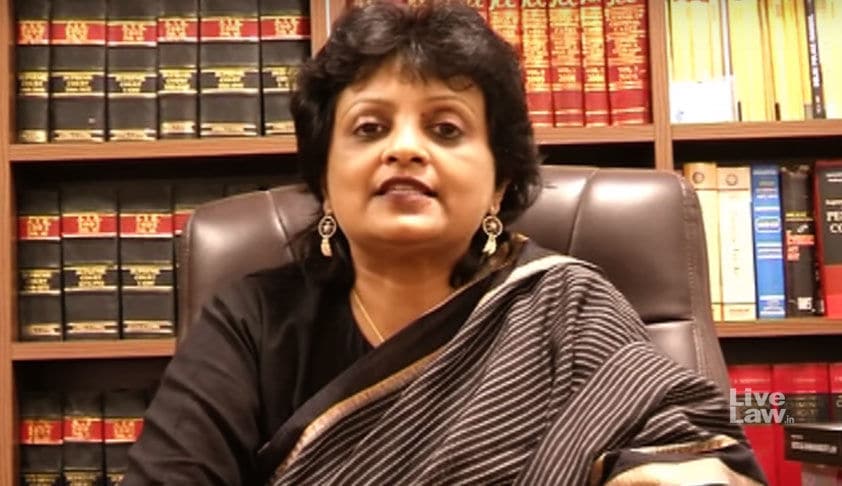
The laws surrounding marital rape is very colonial in nature. It is broadly based on two assumptions. One, marriage by default is the consent given to the husband by a woman which she cannot retract. Second is a woman is bound to fulfil the sexual needs of her husband, this is based on the idea that marriage takes place for procreation.
However, this law has been overturned by many countries which were under colonial rule. South Africa, Australia and Canada are the countries that have already criminalised marital rape.
The arguments that strengthen the case for criminalising marital rape is the fact that it violates the fundamental rights provided by the Constitution, the right to equality, the right to life with dignity, personhood, sexual, and personal autonomy, Articles 14, 19 and 21 of the Constitution respectively.
Another argument is the already recognised right by the court that consent can be withdrawn in between a sexual act, the assumption of consent for life can’t be valid. Besides, when there is a right to abortion the idea that certain legal rights can be violated for procreation is also arguable.
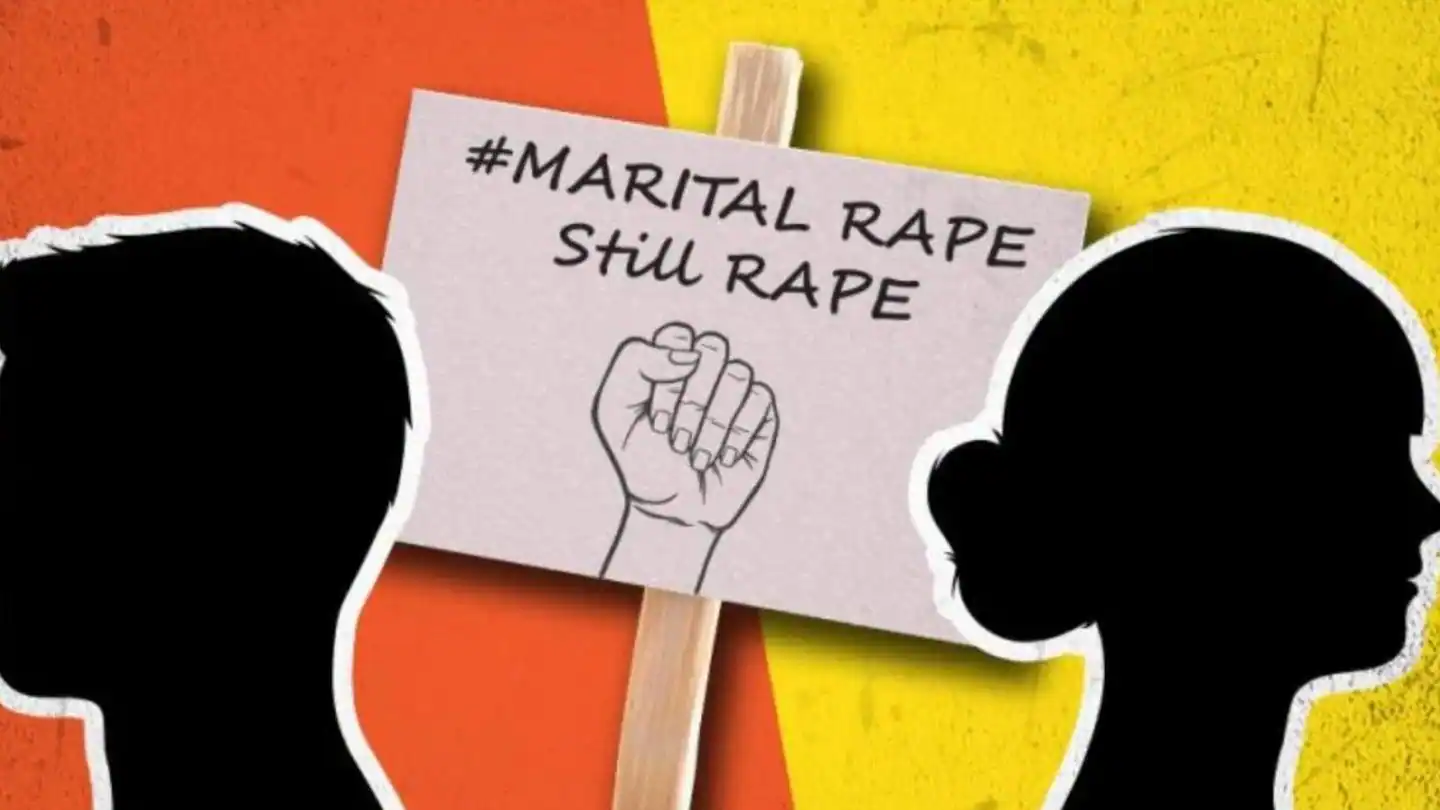
Another significant argument is whether the court will consider upholding family values and marriage as an institution even if it is based on violating fundamental rights. In the past, this kind of violation has been debated when it comes to the matter of national security, health etc.
Meanwhile, in an affidavit, the Centre defended marital rape immunity. The government’s arguments spanned from protecting men from possible misuse of the law by wives, to protecting the institution of marriage. The Delhi government has also argued on the same lines, pointing out that women have alternatives for justice as to file a divorce or register a domestic violence case.
The court will decide whether the threat of misuse should be given with a legal impunity from the crime.
Also Checkout: The Bhandari community can be a determining factor in Goa elections


